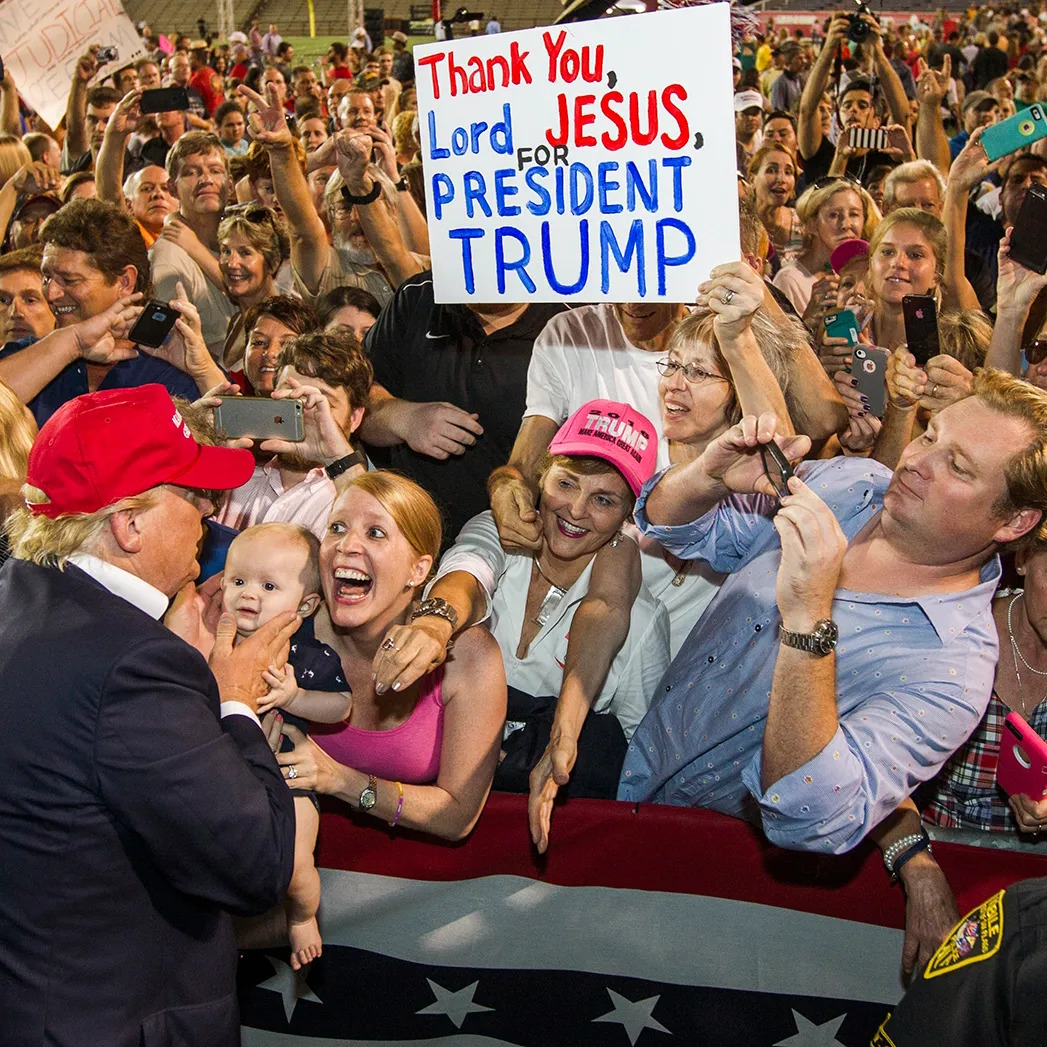Michael Kleber-Diggs
The American Variety
In the modern version, the remix, reboot,
retelling, Echo becomes an Alabama mama
so obsessed with Narcissus that she wants him
to love her baby (which, of course, he cannot).
This time Narcissus is no Adonis. In fact, he’s
grotesque. He has vile teeth and a nasty mouth.
Tangerine flesh. His hair is tragicomedy, but he’s
rich in a land where wealth makes winners, and
winners can’t lose. This is the American way—
screen tested in Encino for maximum play in
Tuscaloosa, and this is not a cautionary tale. This
story is not meant to bring you down; it’s meant
to lift you up. It’s meant to make you feel great
again. So Narcissus never stops by a river, never
starves. He thrives. He grows bigger and bigger
but never explodes. Instead he’s fed by every
storefront he passes, every shimmering reflection
of himself seen in the eyes of every Echo.
His legend blooms and blossoms until, eventually,
he becomes a popular flower—easy to plant,
impossible to kill, invasive, perennial.
“The American Variety” from Worldly Things. Copyright © 2021 by Michael Kleber-Diggs. Used by permission of the author.

Editor's note: This frightening photo was the inspiration for the beautiful and insightful poem "American Variety." The photo does not divert attention from the poem; it is real life American Variety in saturated color.